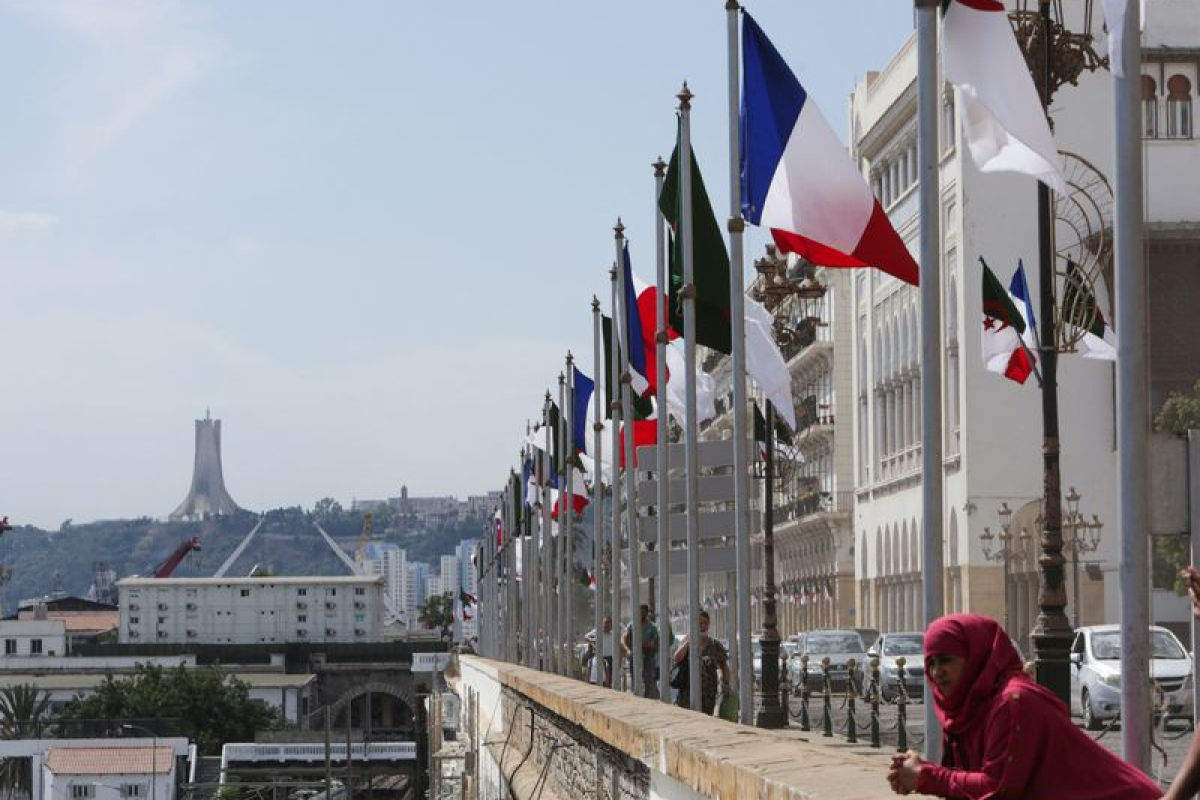Diplomatic Rift Between Algeria and France Deepens
Tensions rise sharply as Algeria expels French embassy officials, protesting arrests in France amid accusations and diplomatic strains. How will this impact future bilateral relations?
Published April 15, 2025 - 00:04am

Image recovered from boursorama.com
Diplomatic tensions between Algeria and France have escalated significantly following Algeria's decision to expel twelve French embassy officials. The move, announced by the French Foreign Ministry, is reportedly a direct retaliation to the arrest of three Algerian nationals in France, including a diplomatic staff member, on charges related to a kidnapping case.
The Algerian government condemned these arrests, describing them as a severe and unjustified action that threatens the revival of the already strained bilateral relations between the two nations. France, in turn, has labeled Algeria's expulsion order as unjustified and unrelated to the ongoing legal procedures involving the three detainees.
This diplomatic standoff reflects a broader context of strained relations between the two countries. Algerian authorities have expressed frustration over what they consider unfair judicial processes and an attempt to disturb efforts to mend diplomatic ties. French authorities, including Emmanuel Macron, have previously angered Algerian officials by endorsing the autonomy of Western Sahara under Moroccan sovereignty, which further complicates the geopolitical landscape.
The detainee at the center of this latest dispute is Amir Boukhors, identified as a critic of the Algerian government. Boukhors was reportedly abducted in a suburb of Paris and later released, an incident French prosecutors have linked to the detained Algerians. Algeria has issued international warrants for Boukhors, accusing him of fraud and terrorism, illustrating the profound disagreements over legal and human rights concerns.
The expulsion of French officials is seen by many as a significant turning point in French-Algerian relations, potentially impacting negotiations and cooperative engagements in areas such as counter-terrorism, trade, and cultural exchanges. This development also follows a broader trend of diplomatic friction, echoing past disputes that have continually resurfaced in varying forms over the decades.
Both governments have indicated a willingness to engage in further dialogue to resolve these issues. However, the friction demonstrates the fragility of bilateral relations that suffer from historical complexities. Analysts suggest that resolving these disputes will require carefully navigated diplomacy and possibly third-party mediation to rebuild trust.
As this situation unfolds, international observers are closely monitoring the potential ramifications on regional stability in North Africa and Europe. The diplomatic community is calling for restraint and dialogue, emphasizing the importance of maintaining open channels of communication despite ongoing conflicts of interest and mutual grievances.





